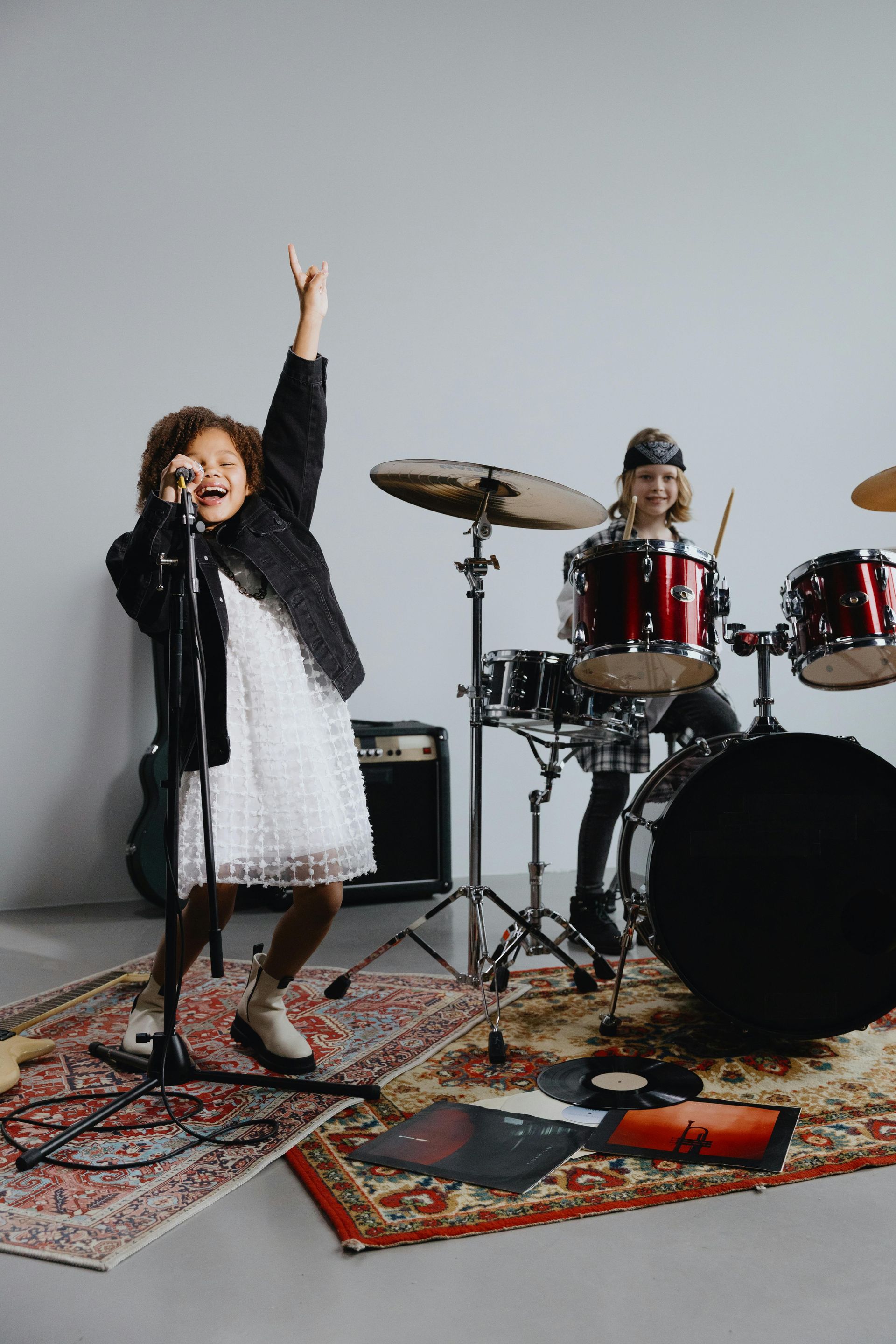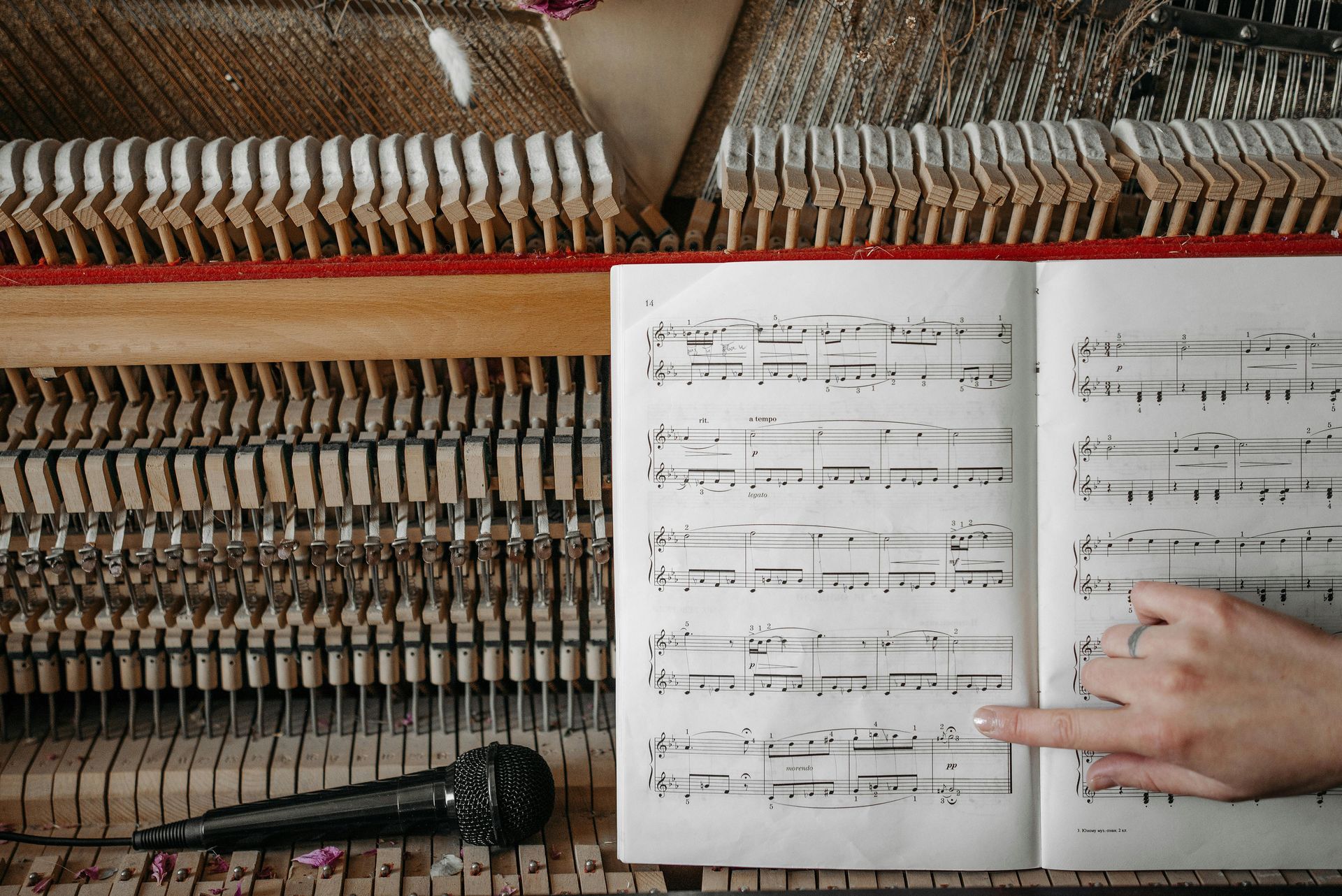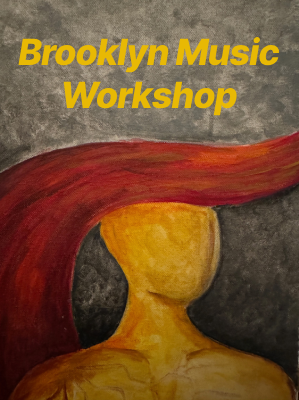Why Is Patience Important When Learning an Instrument?
Contact UsLearning to play a musical instrument is an exciting journey, but it’s not always smooth sailing. The road to mastery is filled with hurdles, from sore fingers to missed notes. If you’ve ever picked up an instrument, you’ve likely felt the Frustration of wanting to be perfect immediately. But here’s the truth: patience is your best friend when learning an instrument. Without it, progress can feel like a slow crawl, but with it, you’ll improve faster and enjoy the process more.
- Rome Wasn’t Built in a Day : Similarly, mastery of an instrument calls for a similar approach. Don’t be one looking for overnight virtuosity- its success lies in acknowledging every small step into a victory. It takes time for the brain to connect with one’s muscles, and a person’s patience allows them to form better connections. Think of it like planting a seed—you can’t rush growth. With every practice session, you’re laying the groundwork for future success, and that requires consistent effort, no matter how small.
- Building Muscle Memory Takes Time :
One of the most essential aspects of learning an instrument is muscle memory. For musicians, this means your fingers, hands, and even your breath need to remember specific movements over time. But muscle memory doesn’t just happen overnight. It takes practice, repetition, and, yes, patience. When you first start, everything feels awkward. But over time, those awkward movements become automatic. Without patience, you might get frustrated and give up right before your body can make those movements second nature.
- Overcoming Frustration :
We have all sat and looked at our instruments, thinking nothing is being accomplished. Easy as it may be to feel frustrated enough to want to give up, here is a little secret: Frustration is the way to grow. Patience will take you through the difficult time. Each mistake, every missed note, is a chance to learn. You’ll be surprised at how much growth happens during the most frustrating parts of learning an instrument.
- Consistency Over Perfection :
If you’ve ever tried to learn an instrument, you know it’s easy to get stuck on trying to be perfect right from the start. The truth is, perfection doesn’t come quickly or easily—and that’s okay! It’s not the hours one spends trying to perfect one piece but playing every day for 15 minutes that will cause more progress. Patience does let go of the pressure for perfection and instead focuses on the process. The journey, after all, makes learning an instrument a great reward.
- The Power of Slow Practice :
Have you ever tried to play a song too quickly and then realized you messed up? Again, waiting is a good thing to have. It is much more impressive to play too slowly and correctly than to play through a piece. Your brain and muscles can understand every sound and move better when you slow down. Plus, it helps you find mistakes you might not have seen coming. It’s tempting to speed up and show off, but being patient will get you further. Trust the process. Progress is made slowly but surely.
- Developing Musical Ear Requires Patience : You have to train not only your fingers; ears require attention, too. One’s musical ear— the ability to hear a piece’s intricacies, pitch, or even tone- requires patience. At first, you might not hear the difference between the two notes but don’t worry. With time, you will come to distinguish the subtleties that make music rich and beautiful. Just like in technical skills, your musical ear improves gradually. So, permit yourself to grow and know that your listening abilities will deepen as you continue to practice.
- Patience Leads to Real Confidence : Lastly, patience is what builds true confidence. Confidence isn’t just about playing well in front of people. It’s about knowing you put in the time and effort for improvement. When you are patient with yourself, you can appreciate little wins, and over time, those little wins will add up, and you will feel increasingly capable. Therefore, self-confidence grows based on patience and is a sign of real growth. “Not perfect, just progress.”
Conclusion : It takes a long time to learn a flute. If you can wait, you’ll enjoy the trip more. It’s okay to be mad when things don’t go as planned. But don’t forget that every step is a step in the right direction, no matter how small it is. Don’t worry about how long it will take to reach your music goals. Just take a good breath and enjoy the process. Who knows? You might be shocked at how far you’ve come after all your hard work and time.



